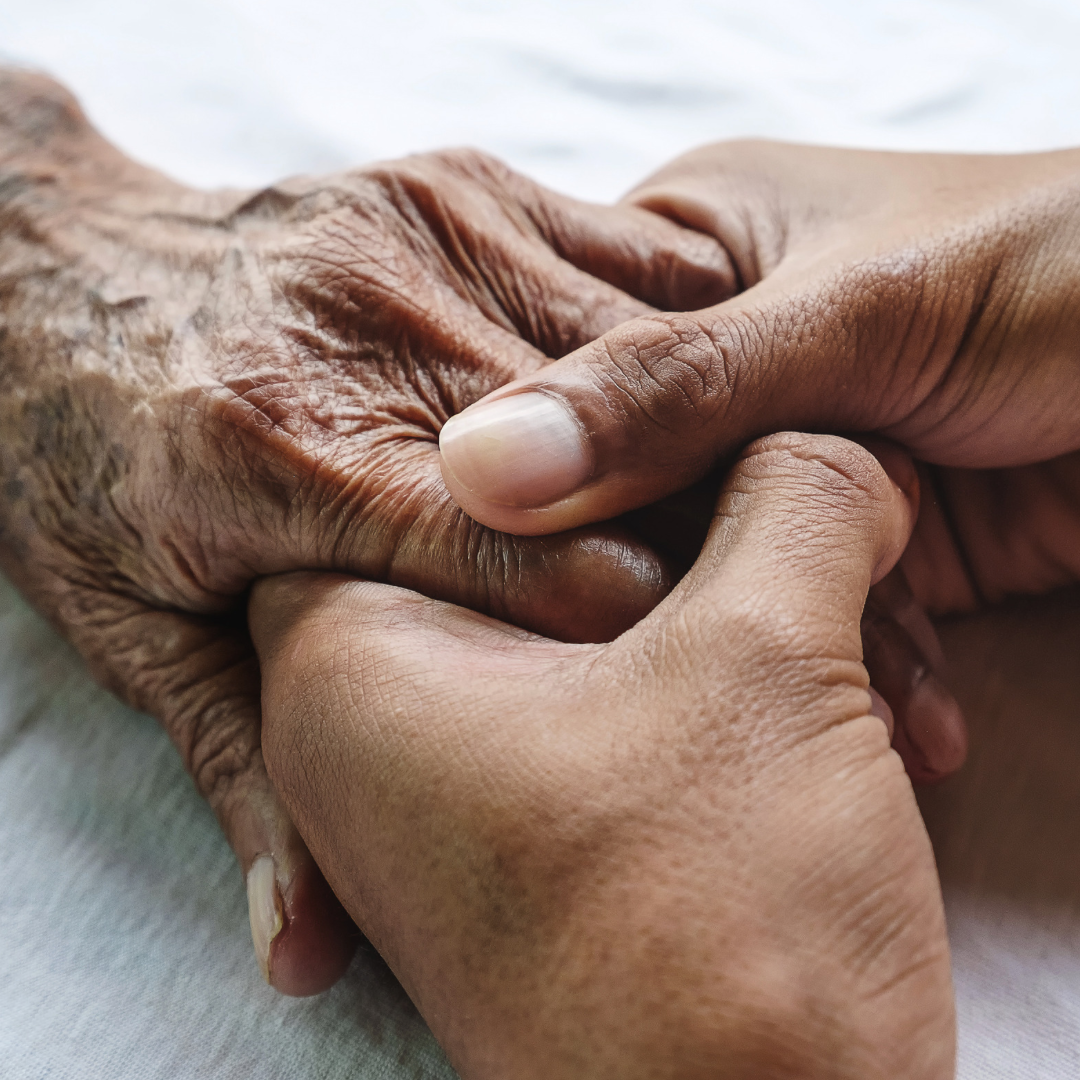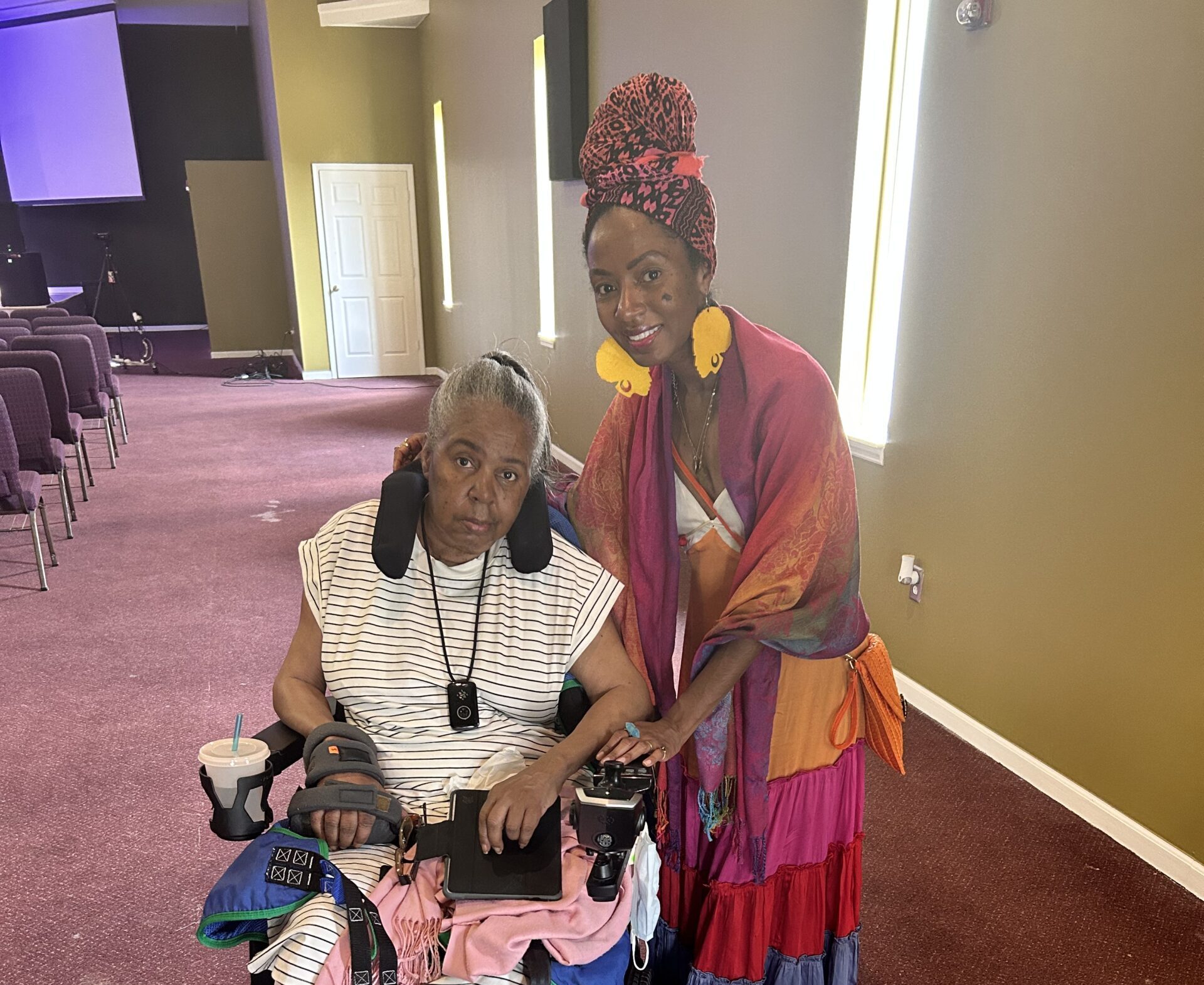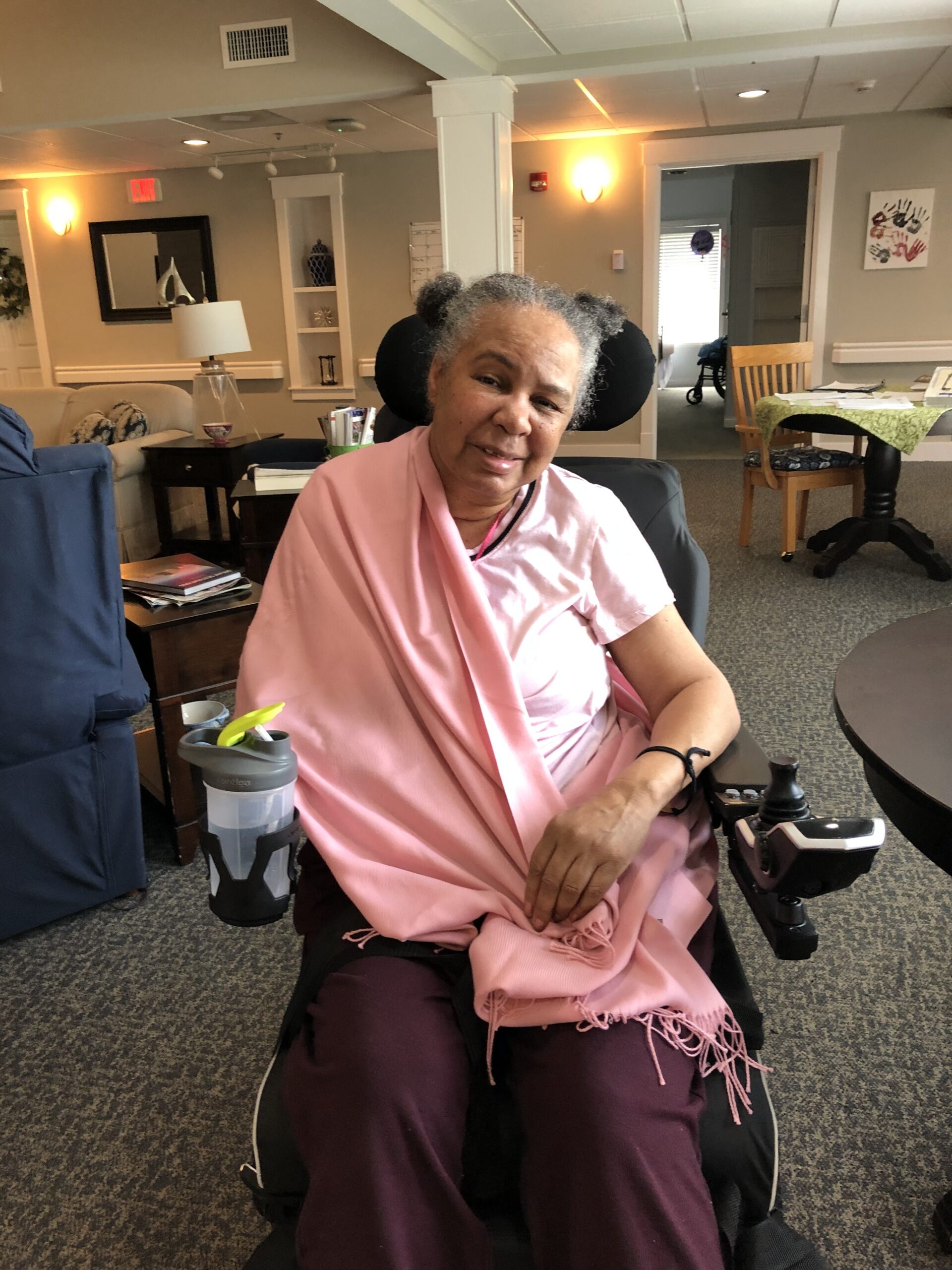Caregiving is deeply emotional work. It’s not just about managing medications, appointments, or daily tasks—it’s about navigating a complex relationship with someone who depends on you. And sometimes, that relationship brings up emotions you didn’t expect.
For me, I’ve noticed that certain moments in caregiving trigger something deeper—something that goes beyond the present situation. When my mom gets frustrated with me, accuses me of something I didn’t do, or expresses impatience, I feel myself shutting down. I get snappy or withdraw emotionally, and then the guilt kicks in.
I used to think this was just burnout, but I’ve come to realize it’s something more: I’m not just reacting to my mom in the moment—I’m reacting to my past.
How Caregiving Can Trigger Old Wounds
Many of us don’t realize how much our childhood experiences shape the way we show up in caregiving. If we grew up in environments where we felt unseen, unappreciated, or had to work hard for approval, those patterns can resurface when we care for a loved one—especially if that loved one is the same person who made us feel that way in the past.
For me, when my mom reacts with frustration or impatience, it feels eerily familiar. It reminds me of times in childhood when I felt like I had to be perfect to avoid conflict, when my emotions weren’t always acknowledged, or when I felt like I had to earn love and approval.
That’s the thing about caregiving—it doesn’t just ask you to care for someone else. It asks you to confront old wounds you may not have even realized were still there.
Recognizing Your Triggers
If you find yourself reacting strongly to certain behaviors from your loved one, it might be helpful to ask yourself:
• Does this situation remind me of something from my past?
• What emotions are coming up—anger, sadness, guilt?
• Am I reacting to my loved one, or to an old version of myself?
Some common triggers caregivers experience include:
• Feeling unappreciated or undervalued
• Being criticized or accused of something
• Feeling like you’re never doing enough
• Experiencing controlling or demanding behavior
Once you start recognizing your triggers, you can begin shifting how you respond.
How to Shift Your Response
Healing from past wounds while caregiving is not easy, but it is possible. Here are some things that help me:
1. Awareness is the first step. The more I recognize when I’m being triggered, the more I can pause before reacting.
2. Self-compassion over self-judgment. I remind myself that my feelings are valid. Just because I feel frustrated doesn’t mean I’m a bad caregiver.
3. Mindful response vs. emotional reaction. Instead of snapping or shutting down, I take a breath and ask myself: What would my calm, adult self do right now?
4. Releasing old narratives. I remind myself: I am no longer that child seeking approval. I am safe. I am in control of my emotions.
5. Creating emotional space. I practice small self-care rituals, whether it’s journaling, stepping outside for fresh air, or taking five deep breaths before responding.
I used to feel ashamed of my frustration in caregiving, but now I see it differently. Those feelings aren’t signs that I’m failing—they’re signs that I need more care too.
If you’re a caregiver, I invite you to reflect: What triggers you the most? What past experiences might be connected to those emotions? When you start exploring these patterns with curiosity instead of guilt, you create space for healing—not just for your loved one, but for yourself.





